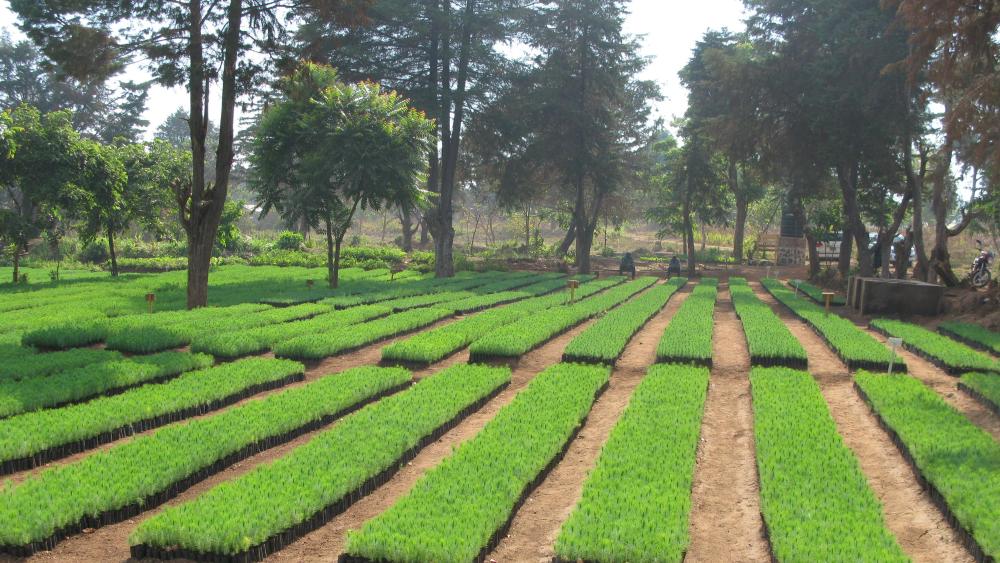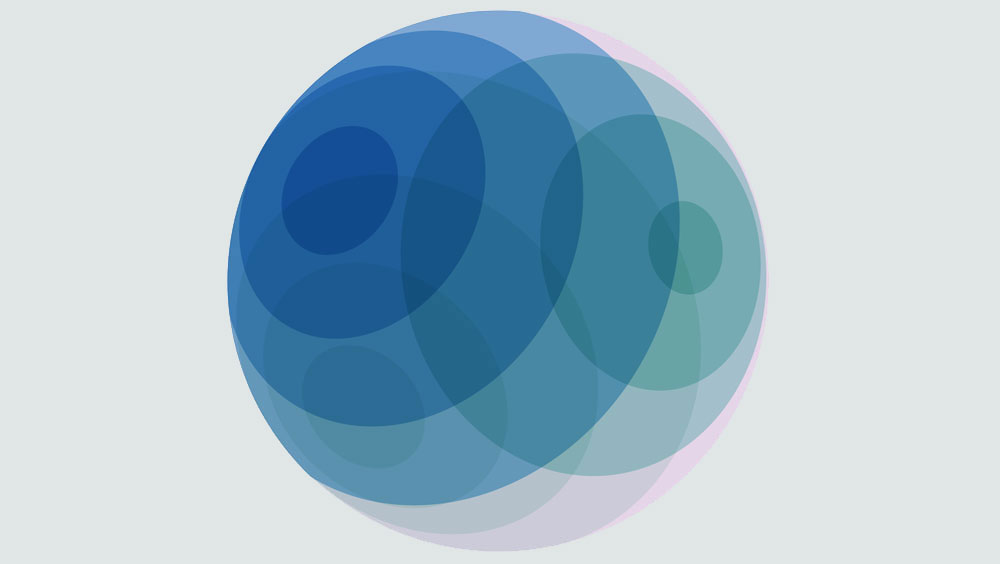Private sector provides much-needed additional funding

Development cooperation is also conducted in cooperation with the private sector. The aim is to harness private capital for the implementation of the Sustainable Development Goals through various funding channels and forms of support. In 2019-2021, this cooperation modality accounted for 6 per cent of Finland's total development cooperation.
Finnfund is a development finance institution primarily owned by the state. Through its investments to the private sector(Link to another website.) of developing countries, Finnfund facilitates risky projects that would be impossible to implement with private funding alone. Finnfund's investment portfolio has grown rapidly and already exceeds EUR 1 billion. Finnfund has also succeeded in allocating an increasing share of its funding to the poorest countries in the world.
Private sector cooperation has successfully met the result targets set by the Ministry for Foreign Affairs. For example, Finnfund's investments and projects funded by Finnpartnership have created jobs, increased tax revenue and improved infrastructure, transferred expertise and changed market structures in developing countries.
In 2019, Finnfund's investment portfolio was found to be net carbon negative, as the first development finance institution in the world. Thus, after this Finnfund's investments have removed more carbon than they have emitted into the atmosphere. In particular, this is due to Finnfund's investments in sustainable forestry.
The first PIF project to support investment in developing countries was launched in 2021, and the first funding decisions for the DevPlat Programme(Link to another website.), which supports innovation, were made in autumn 2021. The funding decisions for both cooperation modes emphasise the anticipated development impacts.
Development results achieved by Finnfund in 2019-2021
The pandemic hampered business partnerships
Business Partnership Support granted by Finnpartnership continued to successfully support Finnish companies in creating investments and jobs in developing countries, although the COVID-19 pandemic slowed down business development at the end of the reporting period. Travel restrictions hampered the work of companies in the partner countries and the problems caused by the pandemic in many emerging economies changed the profitability of business plans.
| 2015 | 2016 | 2017 | |
|---|---|---|---|
| Paid support, million euro | 2,7 | 2,1 | 2,3 |
| Investments, million euro | 18,8 | 9 | 4,8 |
| Persons employed | 1025 | 2155 | 530 |
Business Partnership Support granted by Finnpartnership and the investments and jobs resulting from it in the period 2015-2021, EUR million. As the aid is granted for 2 years and potential investments are completed on average 3 years after the subsidised preparatory phase, a development impact report will be compiled 5 years after the year aid is granted.
- 1
An entry is made in connection with new funding decisions based on the targets set on a scale comprising human rights blind, human rights sensitive (taking human rights into account), human rights progressive (promoting human rights) and human rights transformative (addressing human rights challenges) or not specified.
- 2
The entries are made on the basis of target-setting in connection with new funding decisions. The sample contains the funding decisions which have the promotion of gender equality as the principal or significant objective.
- 3
A three-year average of decisions involving funding that supports equality. For example, the figure for 2017 shows the average for 2015-2017.
- 4
Multilateral Organisation Performance Assessment Network.
- 5
OECD DAC Corruption Risk Management Recommendations 2016. https://www.oecd.org/corruption/oecd-recommendation-for-development-cooperation-actors-on-managing-risks-of-corruption.htm
- 6
London Safeguarding Summit 2018 commitments. https://www.gov.uk/ government/collections/safeguarding-summit-commitments
- 7
The Ministry for Foreign Affairs (16 May 2022): Table 4. Development financing payments to Finland’s largest partner countries 2016-2021. https://um.fi/documents/35732/0/Tilastoliite+2021%2C+osa2. pdf/47739300-0dac-50c8-d9ce-706195ee8070?t=1649772600686
- 8
MOPAN (16 May 2022) MOPAN Assessment library https://www. mopanonline.org/assessments/
- 9
MOPAN: 2017-18 ASSESSMENTS, Global Environment Facility (GEF) 2019. https://www.mopanonline.org/assessments/gef2017-18/GEF%20 Report.pdf
- 10
MOPAN: 2017-18 ASSESSMENTS, United Nations Population Fund (UNFPA) 2019.
https://www.mopanonline.org/assessments/unfpa2017-18/UNFPA%20Report.pdf(Link to another website.) - 11
MOPAN: 2017-18 ASSESSMENTS, UN Women 2019. https://www.mopanonline.org/assessments/unwomen2017-18/Final_assessment_UN_Women_2019_02_14.pdf(Link to another website.)
- 12
MOPAN: Assessment Report United Nations Children’s Fund (UNICEF) 2021. https://www.mopanonline.org/assessments/unicef2020/MOPAN%20Assessment%20UNICEF%20web%20[for%20download].pdf(Link to another website.)
- 13
Ministry for Foreign Affairs of Finland (2020). Finnish Development Policy Influencing Activities in Multilateral Organisations, Volume 1, Main report. https://um.fi/documents/384998/0/Vol1+_MainReport_Evaluation+of+Finnish+Development+Policy+Influencing+Activities+in+Multilateral+Organisations+%281%29.pdf/2666cd6a-0bb2-1c76-0659-db1ac6fa30bf?t=1591860985653
- 14
A more in-depth examination was conducted by the World Bank Group, UNFPA, UNICEF, the World Food Programme WFP, UN Women, International Fund for Agricultural Development IFAD, the Food and Agriculture Organization FAO and the International Trade Centre ITC.
- 15
MOPAN: 2017-18 ASSESSMENTS, International Fund for Agricultural Development (IFAD) 2019. https://www.mopanonline.org/assessments/ifad2017-18/IFAD%20Report.pdf(Link to another website.)
- 16
African Development Bank Group (2022). Annual Development Effectiveness Review 2022. https://www.afdb.org/en/documents/annual-development-effectiveness-review-2022(Link to another website.)
- 17
European Commission (2021). Global Europe: Neighbourhood, Development and International Cooperation Instrument. https://ec.europa.eu/ info/funding-tenders/find-funding/eu-funding-programmes/global-europe-neighbourhood-development-and-international-cooperation-instrument_fi
- 18
One of the organisations receiving programme support is Fingo, the members of which include 270 Finnish civil society organisations.
New kinds of solutions for development problems
The Developing Markets Platform (DevPlat), developed based on lessons learned in BEAM, provides funding and other support services for planning, implementing and scaling innovation projects. DevPlat will enable stronger co-creation with Finnish companies, research actors and civil society as well as with their partners in developing countries. To increase its impact, the programme is geographically focused on Eastern and Southern Africa and South-East Asia.



